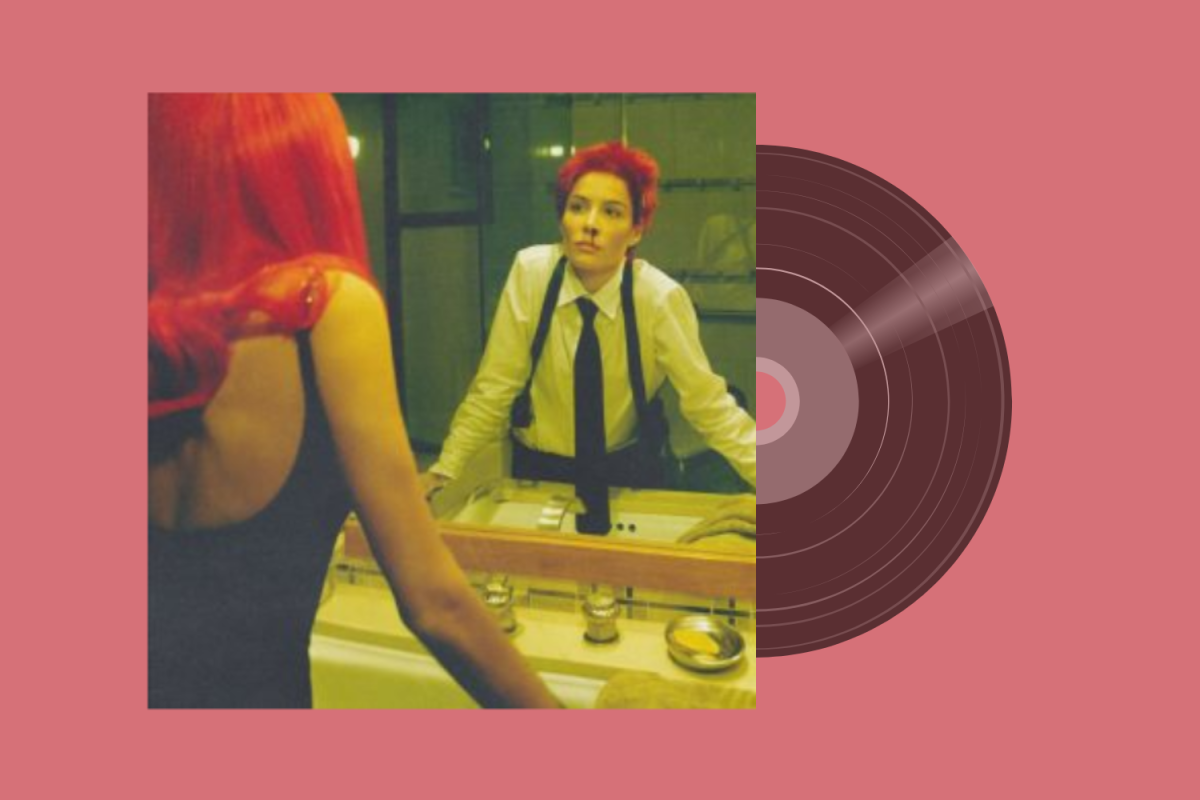Ashley Nicolette Frangipane, better known as Halsey, is blunt with her audience in her latest album, “The Great Impersonator.” Despite promoting the release with a series of photographs emulating the likeness of artists such as David Bowie, Kate Bush and Dolly Parton, Halsey would be the first to tell you that she doesn’t know what her own image is. Yet, the album is written with a sense of strong conviction. Given the artist’s lupus and rare T-cell disorder diagnoses in 2022, she wrote the album under the impression that it could have been her last. Halsey’s reckoning with mortality in “The Great Impersonator” brings forward the most delicate and intimate parts of her own artistic identity, many of which come back to haunt her from a past that has been dissected and poorly received.
Halsey presents herself, as written on the album’s cover, as a “woman who can become anyone, anything your heart desires.” She addresses the tribulations of breakups, mental illness, motherhood and her health struggles without a filter. “The Great Impersonator” is a means for the artist to drop any semblance of a facade and reflect upon mortality and her own career.
“Only Living Girl in LA” is a mellow track with a simple acoustic instrumental backing, yet its peaceful sound is deceptive. Halsey sings of misery, purportedly rooted in the superficiality of the music industry: “I’m the only girl alive in L.A. County / I’m the only one who sees / I wake up every day in some new kind of suffering / I’ve never known a day of peace.” She expresses that her music, once the fuel for her passion, has taken from her more than it has given in return — she is drained by the commercialization of her art. She sings, “This thing I love has grown demanding and obsessive / And it wants more than I can give,” exposing a focus on death and mortality within the album. She holds onto the fear of external judgment: “Do you think they’d laugh at how I die?” She tussles with an unrequited passion for the industry and a contradictory desire and aversion to the fame she has gained.
“The Great Impersonator” embraces a more grungy sound. Though it holds hints of ’70s basslines and acoustic giveaways reminiscent of the artist’s previous album, it demonstrates maturation from her earlier, melancholy pop persona. However, Halsey’s angst remains evident in her lyrics. Her internal dialogue continues to evolve as she evaluates her presence in the music industry. But as much as Halsey has matured — becoming a mother and battling disease — she still feels uncomfortable with her identity. In “Ego,” she blatantly admits: “And I’m all grown up but somehow lately / I’m acting like a fucking baby / I’m really not that happy being me.”
Songwriter and lead singer of Evanescence, Amy Lee, served as an inspiration for the singer’s track, “Lonely is the Muse,” with Halsey recreating the album cover for Evanescence’s “Fallen.” The emulation of Lee’s bold, black eye makeup and the image’s notorious dark-rock vibe is striking. Halsey sings, “Always knew I was a martyr / That Jesus was one too / But I was built from special pieces / That I learned how to unscrew.” The anthem of misery and rock influence in which she sings here is a testament to loss and an awakening of a new sense of self.
In providing an intimate look into her darkest thoughts, Halsey puts her true self under the microscope, re-examining the persona she has projected in her discography. But “The Great Impersonator” is more than just a personal reflection, as it takes a critical lens to the music industry. By opening up about her own participation in it, Halsey invites listeners to reflect upon the intersection between personal identity and external vice.
Contact Kaitlyn Sze Tu at [email protected].


























































































































































